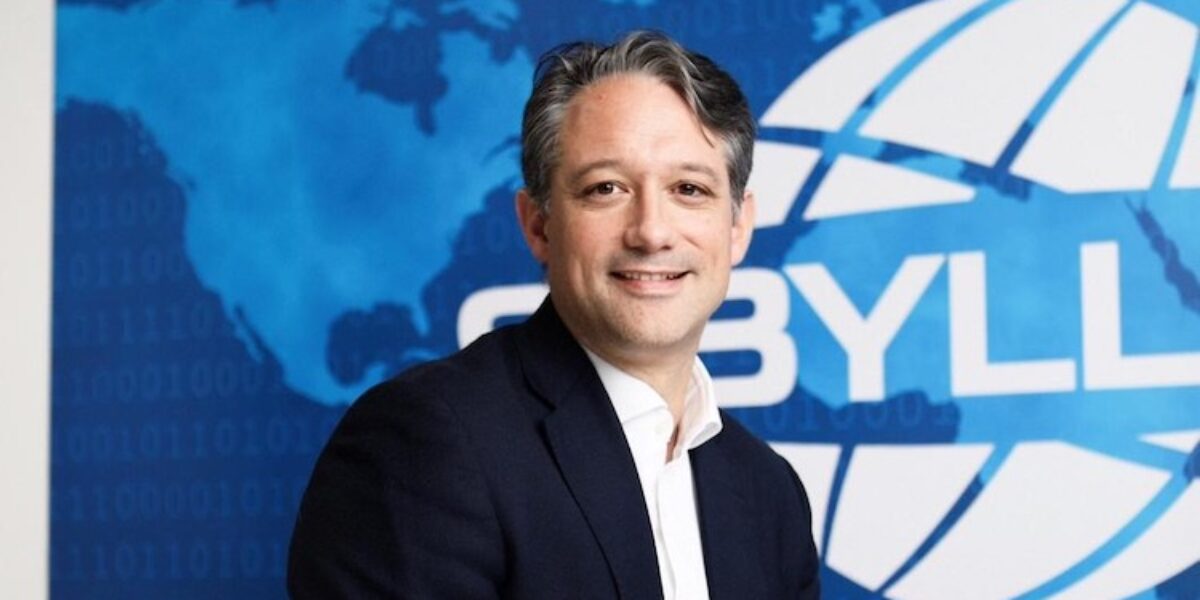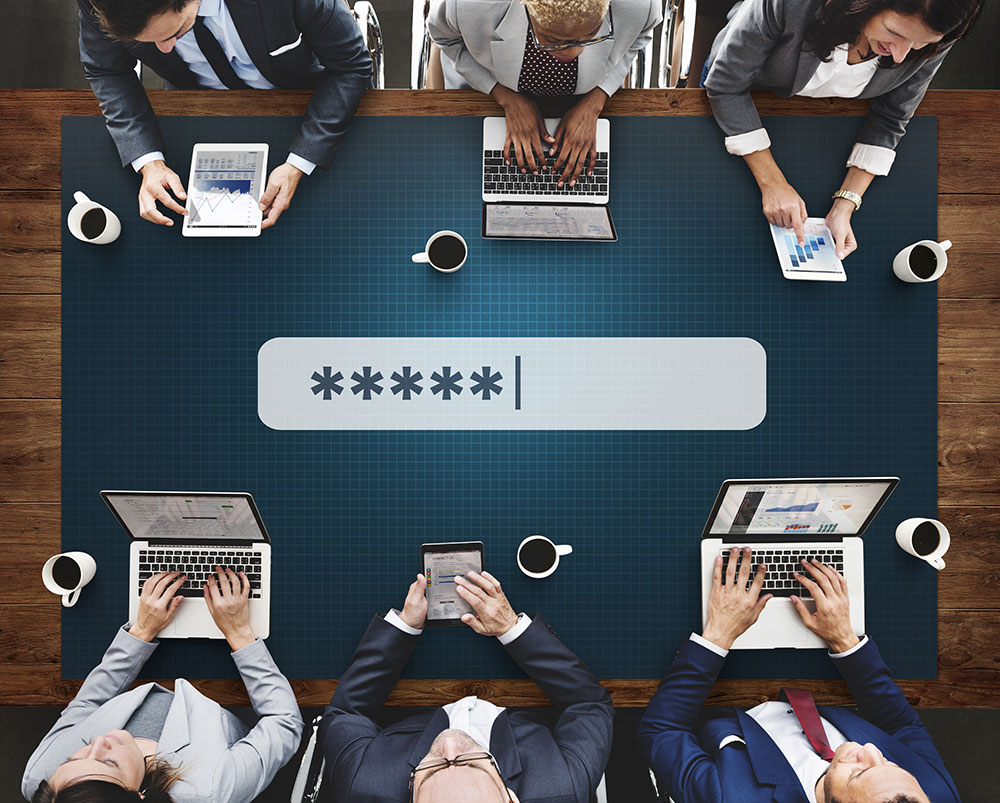Comment from Joseph Carson, chief security scientist at Thycotic:
“Data privacy will, and already is, evolving into a Data Rights Management issue.
Citizens’ privacy will continue to be under the spotlight in 2021. The end of privacy as we know it is closer than you may think. Privacy definitions are very different between nation states and cultures, however, one thing that is common is that privacy is becoming less and less of an option for most citizens. In public and online, almost everyone is being watched and monitored 24/7 with thousands of cameras using your expressions, fashion, walk, directions, interactions, and speech to determine what you need, what you might be thinking, who you are going to meet, who is nearby, and even algorithms that determine what your next action might be.









